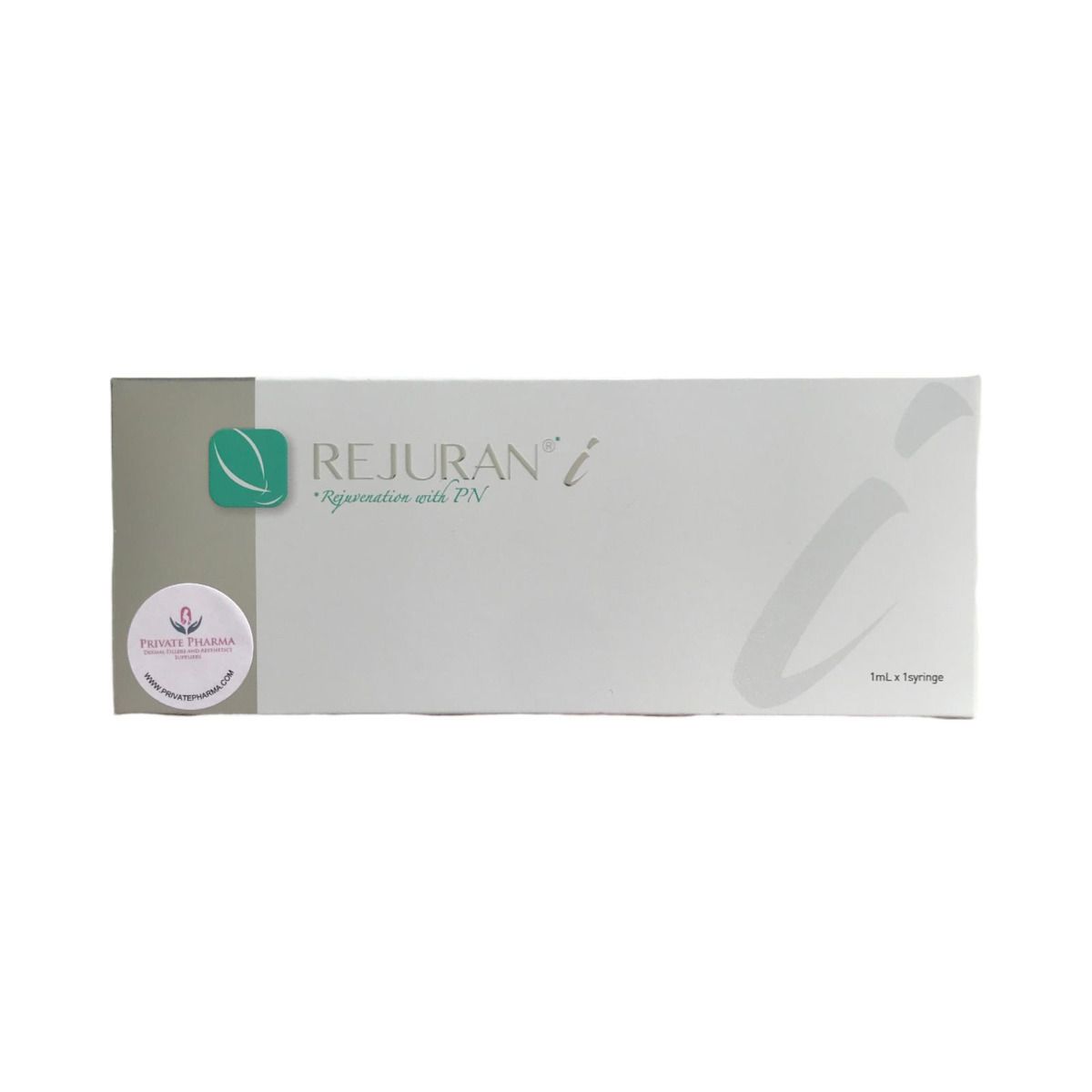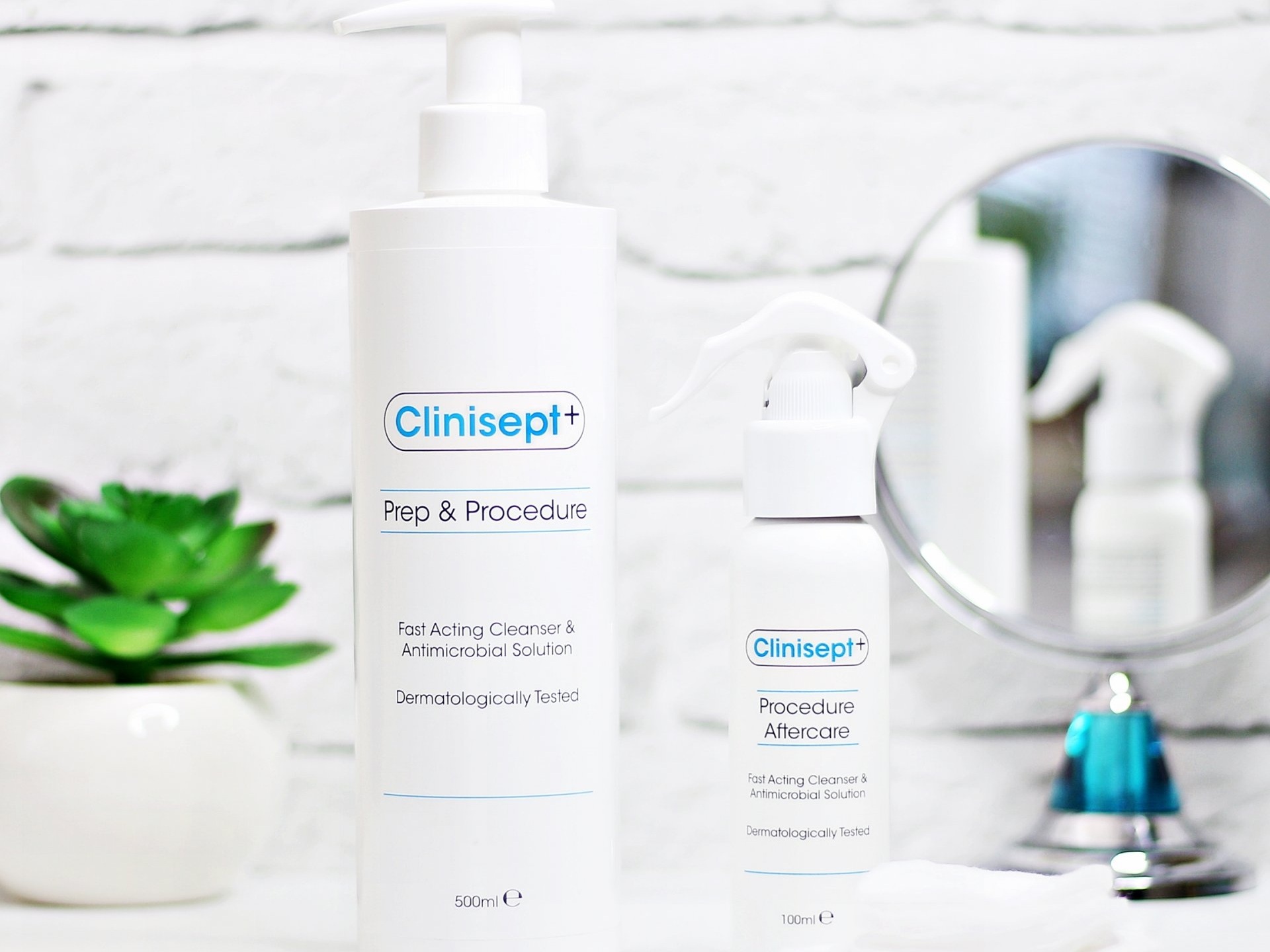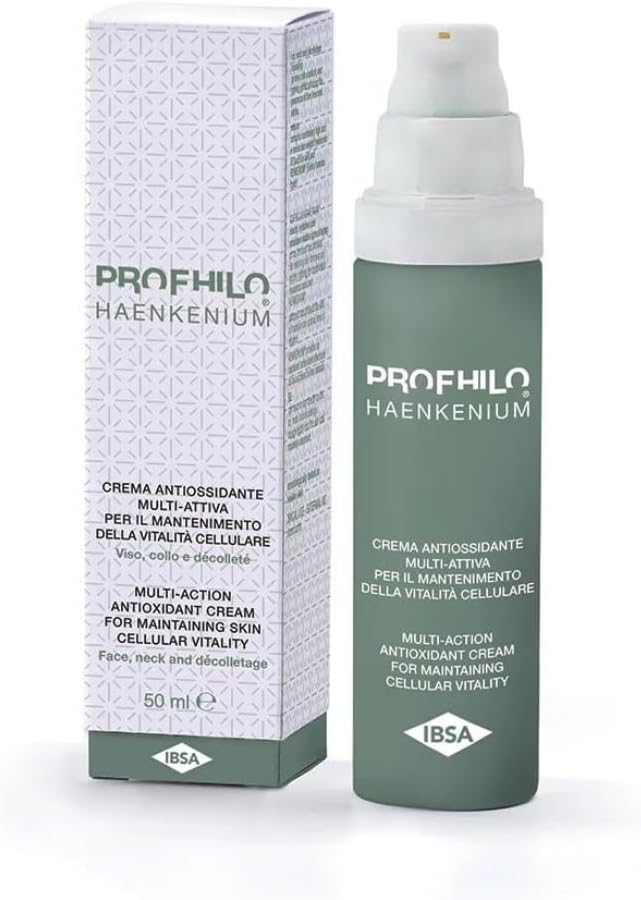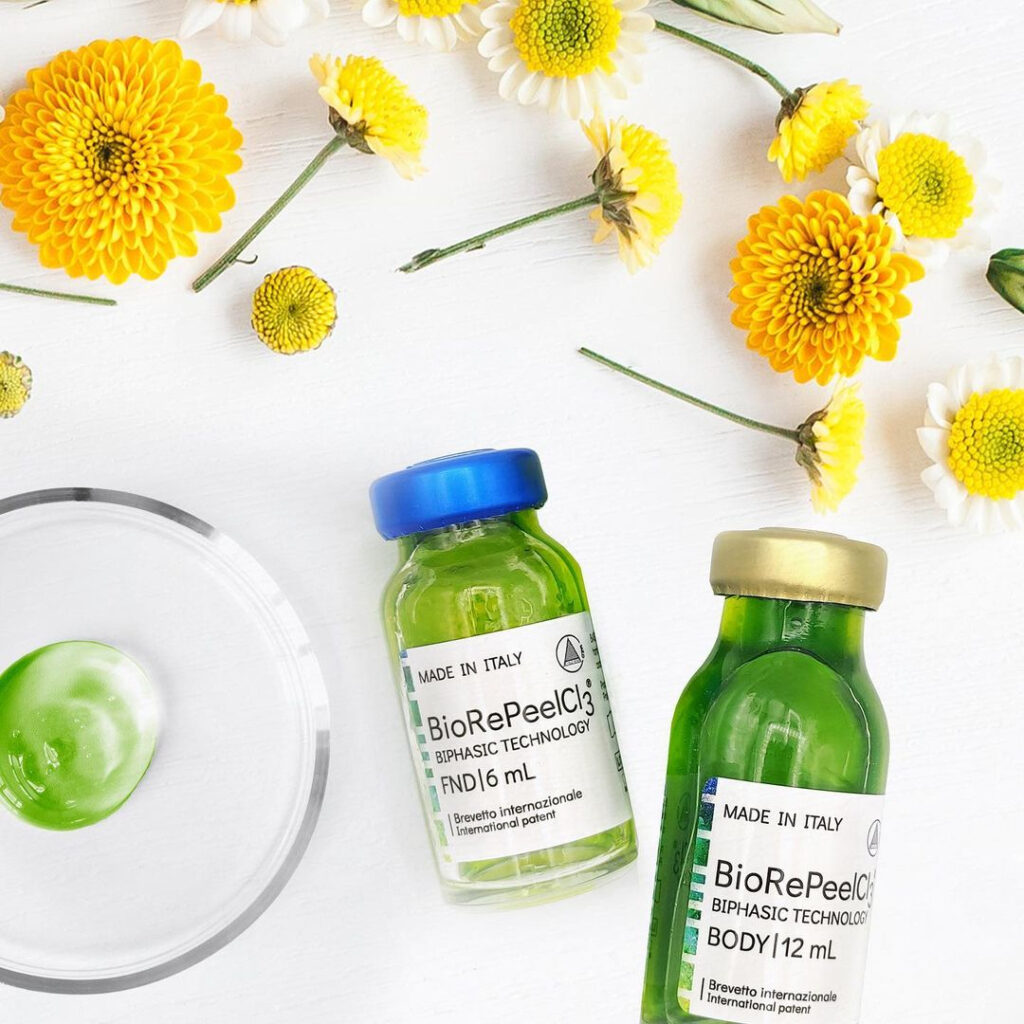
Vitamin Tablets vs. Vitamin Injections: Which is Better for You ?
Vitamins are essential nutrients that play a key role in maintaining health, supporting bodily functions, and boosting energy levels. For those looking to supplement their diet with vitamins, there are two main options: vitamin tablets and vitamin injections. While both methods provide the body with essential nutrients, they work in different ways and have their own unique benefits and drawbacks.
In this article, we will dive deep into the world of vitamin supplementation, comparing vitamin tablets to vitamin injections. Whether you are looking for the convenience of a daily pill or the faster, more direct impact of an injection, this guide will help you make an informed choice.
How Do Vitamin Tablets Work ?
Vitamin tablets (also referred to as vitamin pills or capsules) are one of the most common and accessible ways to get vitamins. These supplements are taken orally, absorbed through the digestive system, and then processed by the body.
Absorption of Vitamin Tablets
When you take a vitamin tablet, the process of absorption begins in the stomach, where digestive enzymes break down the pill. The nutrients are then absorbed into the bloodstream through the small intestine. However, the rate of absorption and the amount of nutrients your body can utilize depend on various factors:
• Bioavailability: Not all the vitamins in a tablet are fully absorbed. For instance, fat-soluble vitamins (A, D, E, and K) need dietary fat to be effectively absorbed, while water-soluble vitamins (C and the B complex) are absorbed differently.
• Digestive health: The state of your digestive system can influence how well the vitamins are absorbed. Poor gut health or conditions like IBS can lower the efficiency of absorption.
• Dose and formulation: Different tablets come in various formulations, and some are designed for slower, more prolonged release into the system.
Benefits of Vitamin Tablets
1. Convenience: Vitamin tablets are easy to carry around, can be purchased over the counter, and are simple to take daily.
2. Cost-effective: In comparison to injections, vitamin tablets are relatively affordable.
3. Variety: Tablets come in a wide range of formulations, from multivitamins to specific vitamins like B12, vitamin C, or vitamin D.
4. Non-invasive: Tablets don’t require any medical procedures, making them a comfortable option for most people.
Drawbacks of Vitamin Tablets
1. Absorption issues: Since vitamins need to pass through the digestive system, their absorption can be inconsistent, and some vitamins may be lost in the process.
2. Slow onset: It can take time for the vitamins to be fully absorbed and show noticeable effects.
3. Digestive discomfort: Some people may experience nausea or stomach discomfort after taking vitamin tablets, especially when taken on an empty stomach.
How Do Vitamin Injections Work ?
Vitamin injections involve administering vitamins directly into the bloodstream through intramuscular or intravenous (IV) injections. This method bypasses the digestive system, allowing for more rapid absorption of nutrients.
Absorption of Vitamin Injections
Because vitamin injections deliver nutrients directly into the bloodstream, they provide nearly 100% bioavailability. The body can utilize the nutrients immediately without the need for digestion or processing by the liver. Common vitamins administered through injections include:
• Vitamin B12: A key vitamin for energy, red blood cell production, and neurological health.
• Vitamin D: Helps with calcium absorption and bone health, especially in individuals with vitamin D deficiency.
• Vitamin C: Supports the immune system, collagen production, and antioxidant protection.
• Glutathione: An antioxidant often used in IV drips to detoxify the body and improve skin clarity.
Benefits of Vitamin Injections
1. High absorption rate: Since injections bypass the digestive system, vitamins are absorbed quickly and efficiently, making them a great option for individuals with digestive issues or poor nutrient absorption.
2. Immediate results: People often feel the effects of vitamin injections much faster than tablets, particularly for energy-boosting vitamins like B12.
3. Great for deficiencies: Injections are particularly beneficial for individuals with severe vitamin deficiencies, as they can deliver a higher and more immediate dose.
4. Long-lasting effects: Vitamin injections can maintain their effects for longer periods. For example, B12 injections can sustain energy levels for weeks.
Drawbacks of Vitamin Injections
1. Invasive: Injections require needles, which can be uncomfortable for some individuals. They also often require visits to a healthcare provider or clinic.
2. Higher cost: Injections are more expensive than tablets, especially when considering the cost of medical administration.
3. Risk of side effects: In rare cases, injections can lead to infections, bruising, or allergic reactions at the injection site.
4. Not always necessary: If you do not have a severe deficiency, the need for injections may be unnecessary compared to tablets.
Key Differences Between Vitamin Tablets and Vitamin Injections
Though both tablets and injections are effective at delivering vitamins, they do so in fundamentally different ways. Here’s how they differ:
1. Absorption and Bioavailability
• Vitamin Tablets: Nutrients in tablets pass through the digestive system, where they may lose some potency due to poor absorption. Factors like gut health and metabolism play a role in how much is ultimately absorbed.
• Vitamin Injections: Nutrients are delivered directly into the bloodstream, resulting in higher bioavailability and quicker absorption.
2. Onset of Effects
• Vitamin Tablets: Because they pass through the digestive system, tablets take longer to show noticeable effects. It may take several days or even weeks to feel a difference.
• Vitamin Injections: The effects of injections are often felt much sooner, sometimes within hours, because the nutrients go straight into the bloodstream.
3. Convenience
• Vitamin Tablets: Easy to purchase and take at home. They don’t require a healthcare provider or clinic visit.
• Vitamin Injections: Require medical administration, which may involve a doctor’s appointment or a trip to a wellness clinic.
4. Cost
• Vitamin Tablets: Generally more affordable and accessible, as they can be purchased over-the-counter without the need for medical supervision.
• Vitamin Injections: More expensive due to the cost of the vitamins themselves and the need for professional administration.
5. Best for Whom?
• Vitamin Tablets: Ideal for individuals looking for a daily, non-invasive way to maintain healthy vitamin levels or for those with mild deficiencies.
• Vitamin Injections: Best suited for individuals with moderate to severe deficiencies, or for those who need quick and more efficient vitamin supplementation, such as individuals with digestive issues or malabsorption.
When to Choose Vitamin Tablets
Vitamin tablets are a good option for the majority of people who want to supplement their diet with essential nutrients. You might prefer vitamin tablets if:
• You have no significant absorption issues: If your digestive system is healthy and functioning well, vitamin tablets can work effectively for you.
• You prefer a non-invasive option: Tablets are painless and easy to take, making them more appealing to those who dislike needles.
• You want a cost-effective solution: Tablets are generally cheaper and don’t require frequent visits to a doctor or clinic.
• You are using them for maintenance: If you’re maintaining normal vitamin levels rather than correcting a deficiency, tablets can provide a steady and reliable source of vitamins.
Popular Uses for Vitamin Tablets:
• Daily multivitamin supplements for general health.
• Vitamin D supplements to combat mild deficiencies, especially in colder months when sunlight is scarce.
• Vitamin C to support immune health during cold and flu season.
When to Choose Vitamin Injections
Vitamin injections may be a better choice if you need more immediate results or if your body struggles to absorb nutrients through the digestive system. Consider injections if:
• You have a severe deficiency: Injections are especially helpful for individuals who suffer from conditions like pernicious anemia (B12 deficiency) or severe vitamin D deficiency.
• You need faster results: If you’re experiencing fatigue, low energy, or other symptoms related to vitamin deficiency, injections provide more immediate relief.
• You have absorption issues: Individuals with digestive conditions such as Crohn’s disease, celiac disease, or IBS may struggle to absorb vitamins through the digestive system. Injections bypass this issue entirely.
• You want targeted therapy: Injections can be a targeted, effective way to address specific needs, such as energy boosts (B12) or enhanced skin health (vitamin C).
Popular Uses for Vitamin Injections:
• B12 injections to boost energy, especially in individuals with anemia or chronic fatigue.
• Vitamin D injections for those with severe deficiencies that lead to bone health issues.
• IV vitamin therapy used in wellness clinics to deliver a cocktail of nutrients that can support hydration, detoxification, and immune function.
Conclusion: Vitamin Tablets vs. Vitamin Injections — Which Should You Choose ?
Both vitamin tablets and vitamin injections offer effective ways to supplement your body with essential nutrients, but which method is right for you depends on your personal needs, lifestyle, and health goals.
Choose Vitamin Tablets If:
• You prefer an easy, non-invasive option.
• You are looking for a cost-effective way to maintain your vitamin levels.
• You have no major issues with digestion or absorption.
Choose Vitamin Injections If:
• You have a vitamin deficiency that needs to be corrected quickly.
• You have digestive issues that make absorbing vitamins through the gut difficult.
• You want to experience faster and more noticeable results.
Ultimately, it’s important to consult with a healthcare provider before starting any new vitamin regimen. They can help
View our full range of Vitamin injections






